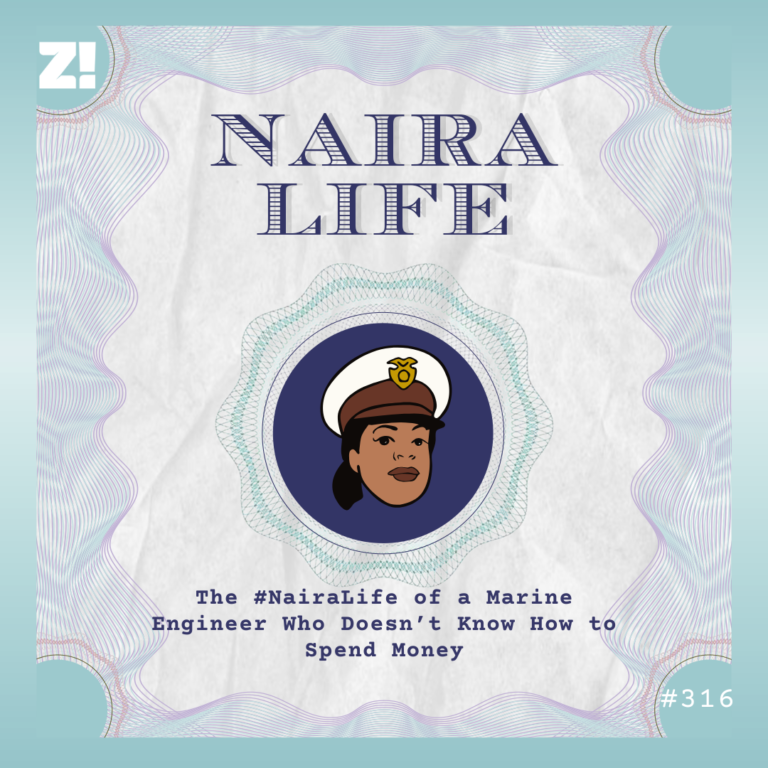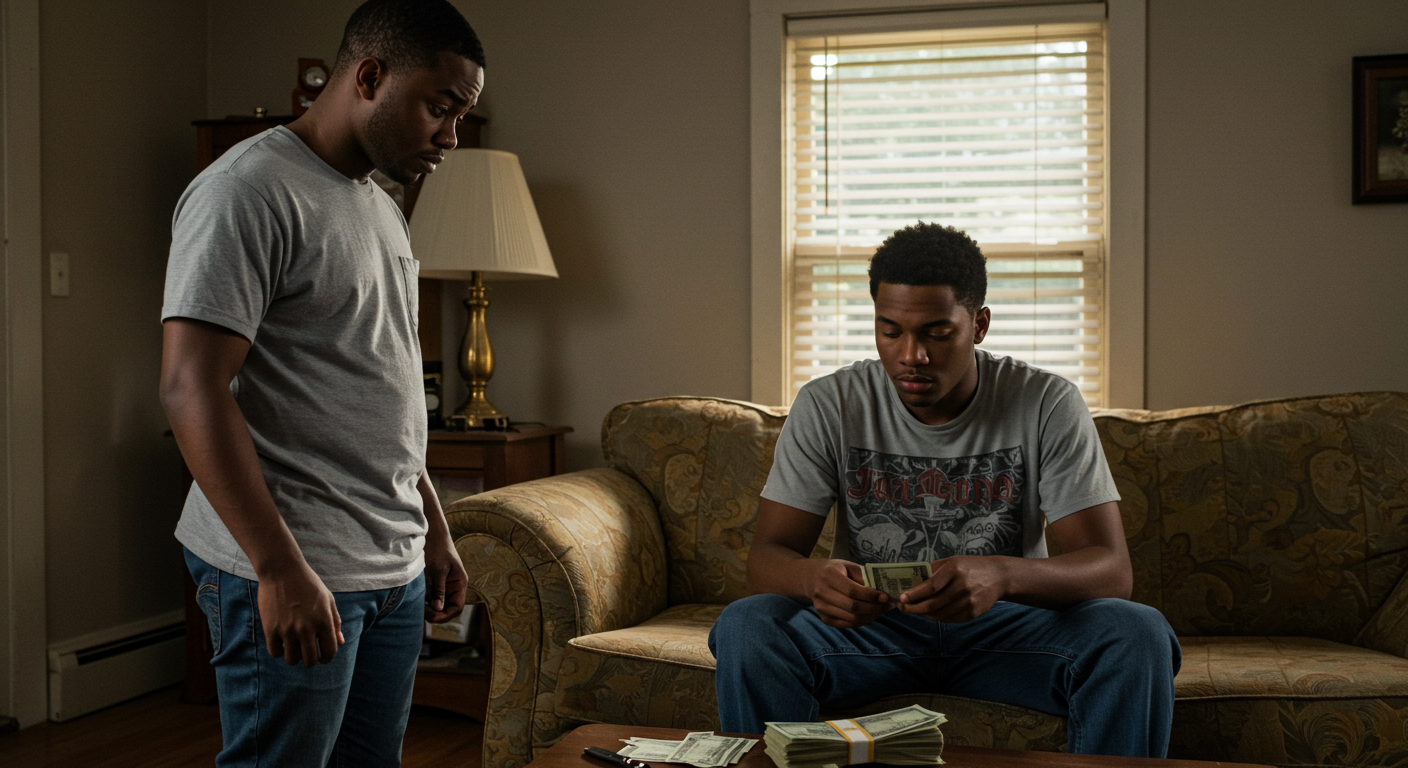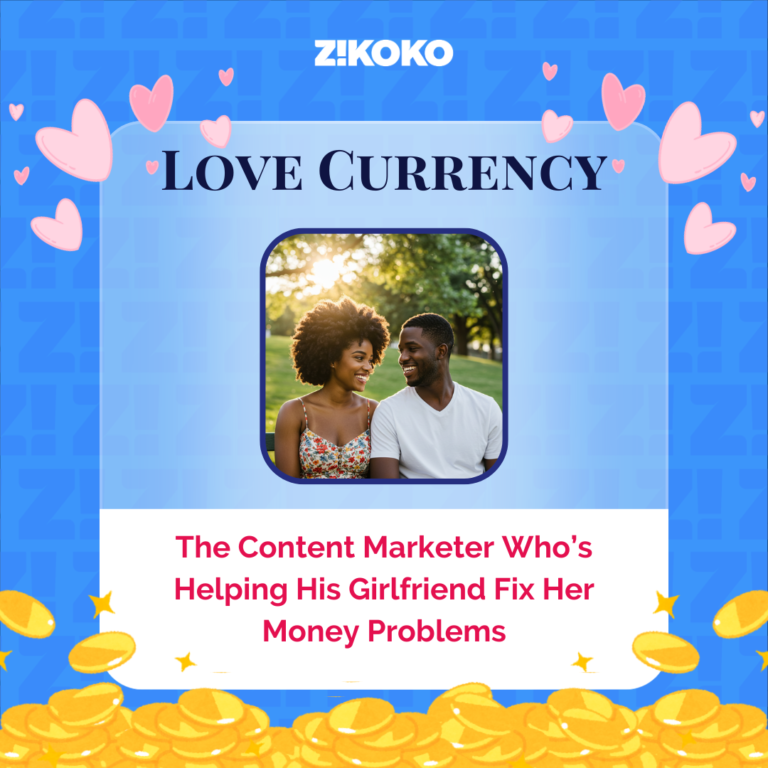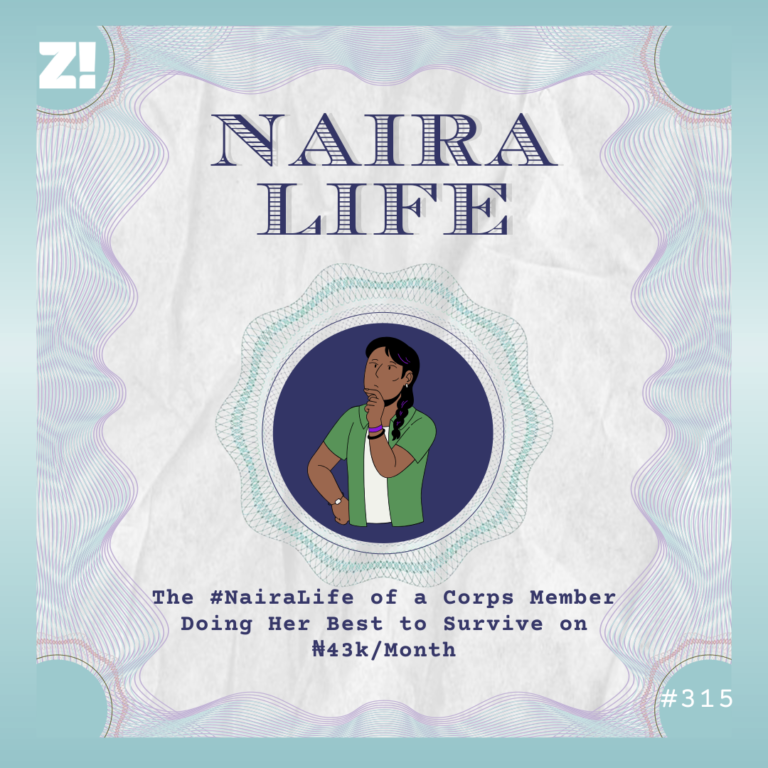Folu* (27) went through the better part of his life believing he had the “AA” genotype. He talks about only finding out he had a different genotype after falling in love and why he blames Nigeria for the heartbreak he’s currently navigating.
As told to Boluwatife
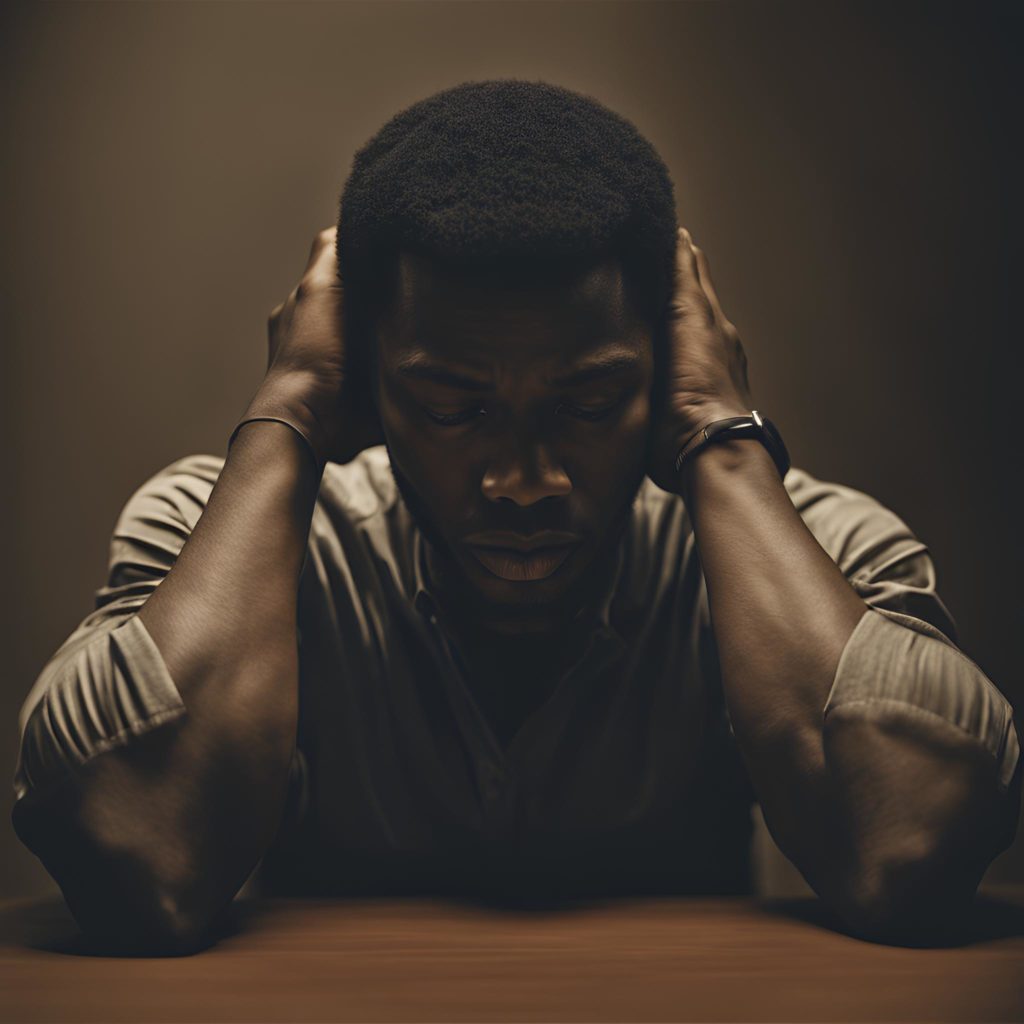
Image: Canva AI
I fantasise about leaving Nigeria, but the state of the economy isn’t what fuels my japa dreams. It’s because Nigeria and the system’s “anyhowness” cost me the love of my life, and I know my story would’ve been different if I wasn’t in this country.
Secondary school was my first introduction to genotypes and sickle cell. My biology teacher painted a horror picture of sickle cell complications and why people with the AS genotypes needed to steer clear of each other. Thinking about it now, it must’ve been weird for Mariam*, the only sickle cell patient in our class.
Before that biology class, I didn’t really have reasons to pay attention to sickle cell. Sure, I was mildly curious about how often Mariam missed school and the fact that she carried an ID card that exempted her from doing any school chores. But we weren’t close, and I couldn’t ask her about it.
When I returned from school that day, I asked my parents about my genotype, and they said I had the “AA” genotype. I was happy to hear this and saw no need to think about genotypes again. My teacher said “AA” was the best, so I felt lucky.
When I got into uni, genotypes became a recurring topic of discussion. I often heard stories of people who broke up with their significant others because they were both of the “AS” genotype and couldn’t risk the lifetime of pain and medical expenses that having a child with the “SS” genotype would bring.
I even joined others to loudly share my disapproval whenever a story popped up online about couples who went ahead to marry without making the necessary genotype findings and eventually gave birth to sickle cell children. It’s the 20th century; surely everyone knows to confirm their genotypes, right?
I didn’t bother to confirm my own genotype until 2021, and I only got tested because of Layo*. I met Layo during NYSC orientation camp and fell head over heels in love with her. The way I fell in love is still a wonder to me because I always thought people who went to camp and fell in love were unserious. Like, can’t you stay three weeks without pursuing love?
But I saw Layo’s smile from across the studio, where we both volunteered with the Orientation Broadcasting Service (OBS) for NYSC camp, and I lost all rational thought. Layo is breathtakingly beautiful.
Working together made me realise Layo’s brain and heart were even more beautiful, and I fell harder. The icing on the cake? She was attracted to me, too. I’m sure other corps members in camp would’ve noticed the two lovebirds who always walked hand-in-hand to Mammy market like love-sick fools.
I’m not sure when we officially got into a relationship, but we became closer after camp. Our PPAs weren’t too far apart, so we were always in each other’s spaces. After work, I’d take a keke to Layo’s workplace because she closed much later than me. I’d wait in her office, and then we’d walk to her lodge when she closed from work.
Sometimes, we ended up at my lodge, and we’d just talk and talk for hours. Other times, we just cuddled in silence. But we talked a lot. It was like we wanted to know as much about the other person as possible.
During one of our talking sessions, Layo told me she had the “AS” genotype, and I replied, “I don’t even care. I’m AA.” We didn’t discuss genotypes again until about four months into our relationship.
Layo saw a Twitter post about someone who got a false genotype result at a lab in Lagos and joked about how false results could be the reason church people believe their genotypes or HIV statuses “miraculously” changed after prayers. At one point, the conversation changed to how people needed to ensure they use standard labs for tests, and Layo asked where I did my genotype test. I confessed I’d actually never checked it myself; I just followed what my parents said.
Layo thought that was weird and insisted I do my test. So, I went to what I assumed was a standard lab in Ibadan and got tested— the result confirmed my “AA” genotype. I didn’t expect anything different because my parents already told me years ago. I also didn’t expect that my world would crash a year later.
I volunteered to donate blood to a blood drive in 2023, and as part of the preliminary tests, the organisation also tested for genotype. I remember being so shocked when they gave me my result slip, and I saw “AS” under genotype. I told Layo about it, and we decided it was probably an error.
We repeated the test at three different hospitals in Lagos and got “AS” every time. Confused, I asked my parents if they actually tested my genotype, and they insisted they did. They confirmed that they did the test for both me and my sister after birth, and we were both “AA”. We re-tested everyone in my family, and it turned out that my parents were “AA” and “AS”, and only my sister was “AA”.
It took a while for the reality of what was happening to kick in. Layo was with me through the whole re-testing period, but after it was all over, we had to face the fact that it’d affect our relationship.
We cried for a long time and briefly considered breaking up. But we both lost our resolve after not speaking to each other for only one day. That’s when we agreed that we’d just adopt after marriage. We loved each other too much to end things after almost two years because of a false result. It wasn’t like we knowingly built a life together knowing we were “AS”. Nigeria had deceived both of us, and we didn’t have to suffer for it.
We also decided not to tell our parents to avoid them pressuring us to separate. That settled, we began planning to get married in late 2024. We were so confident that our genotypes were the least of our worries.
Then Layo accidentally got pregnant towards the end of 2023, and we made the difficult decision to abort. We couldn’t risk the possibility that our child would have sickle cell.
That abortion broke our relationship. Layo never recovered from the trauma of losing a baby, and I couldn’t get through to her. We stopped talking and cuddling. It was like she wanted to be as far away from me as possible.
Three weeks after the abortion, Layo told me she wanted to break up. Pregnancy and losing the baby had made her realise she actually wanted to have her own child and wasn’t sure she wouldn’t one day resent me for taking that choice away from her.
There’s nothing I didn’t use to beg Layo. I cried, pleaded and grovelled, but nothing worked. I even agreed we could have at least one biological child and promised to raise money to do a bone marrow transplant if the child turned out to have sickle cell, but Layo said it wasn’t realistic.
It’s been almost a year since Layo ended things between us, and it feels like the pain will never go away. Some days, I don’t even want to wake up. My friends have suggested therapy and even held interventions, but I’ve lost interest in everything. I see Layo everywhere I go. Everything reminds me of her. I see her in my dreams.
I don’t know if I’ll ever move on. I don’t even know if I want to. I still stalk her every day and wonder how she could move on so quickly. I dread the day I find out she’s with someone else.
Maybe the pain would’ve been easier to manage if the first genotype result had been accurate. We were just four months into the relationship, and I might have moved on easily. Now, I just want to curl up somewhere and cry all day.
*Some names have been changed for the sake of anonymity.
NEXT READ: Losing My Cousin to Sickle Cell Changed Everything I Thought About Family

